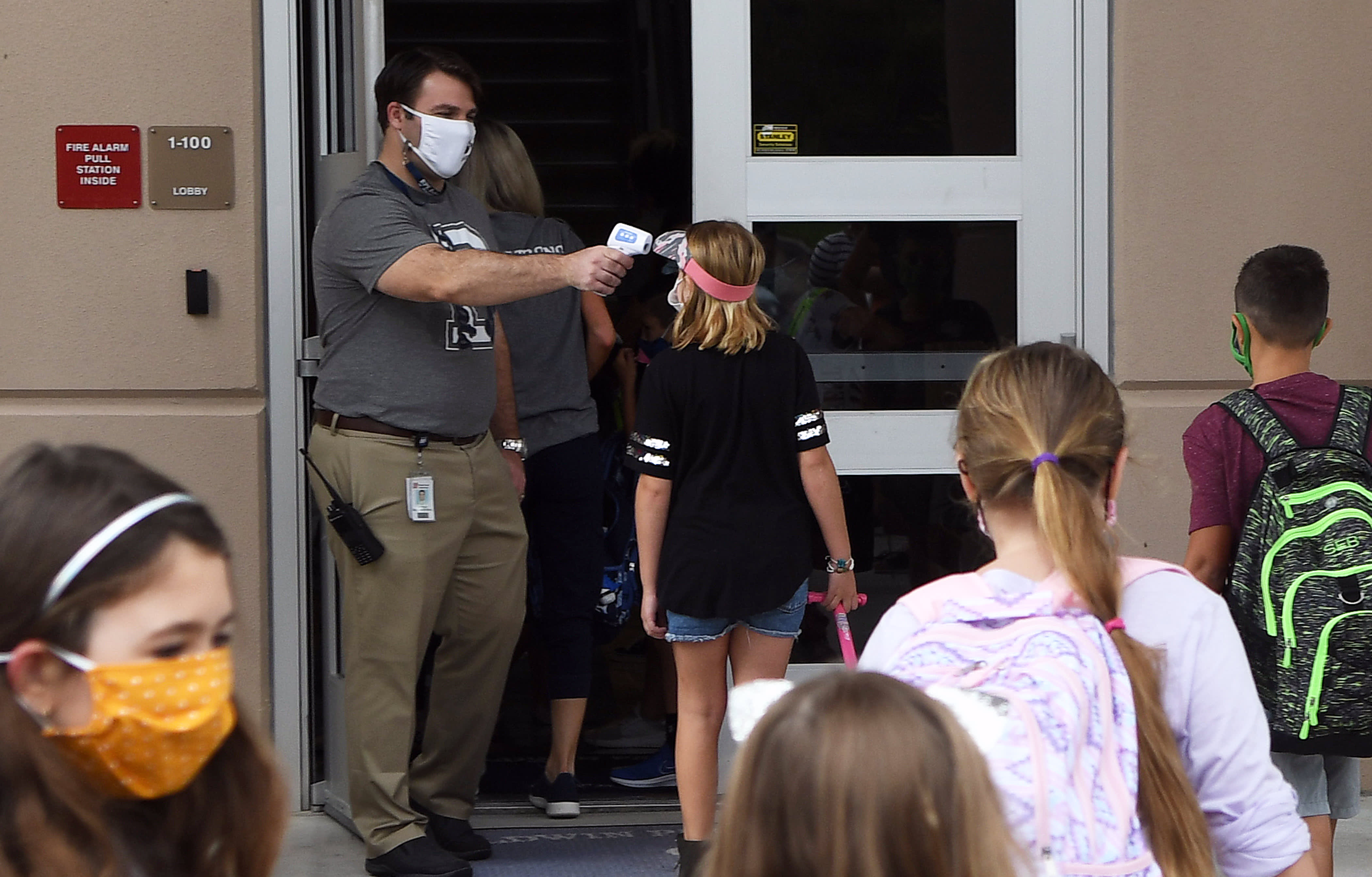
LONDON — The latest coronavirus vaccine developments have brightened the outlook for the U.S. economy, with economists at UBS boosting their GDP forecasts for the country.
Pfizer and BioNTech announced Monday that their Covid-19 vaccine was more than 90% effective in preventing the infectious disease. The announcement fueled optimism that the pandemic could come to an end sooner rather than later, driving up stock markets globally.
UBS had originally estimated that the number of coronavirus infections in the U.S. would approach zero by the end of 2021, but the vaccine news has made the bank bring that forecast forward by six months.
“We might get a situation where reported cases of Covid in the United States fall very close to zero in Q2 (second quarter) of next year. That six month difference, that two-quarter difference matters a lot, it means an extra 1 to 1.25 percentage point gain in GDP next year,” Seth Carpenter, chief U.S. economist at UBS, told CNBC’s Joumanna Bercetche on Thursday.
He added that the vaccine news “was very encouraging” as the efficacy rate came in much higher than analysts were anticipating.
The United States has experienced more than 10 million Covid-19 cases since the pandemic started. The country has seen record highs this week in terms of coronavirus hospitalizations and infections, with 153,496 cases on Thursday, according to Johns Hopkins University.
This comes as speculation mounts on whether the U.S. economy will be shut down once again. An advisor to President-elect Joe Biden has said that closing businesses for four to six weeks could help keep reduce the number of infections and get the economy on track until a vaccine is approved and distributed.
On Thursday, Chicago Mayor Lori Lightfoot asked residents to cancel Thanksgiving plans and stay indoors as Covid cases rise.
Carpenter’s comments differ to the caution portrayed by experts such as White House coronavirus advisor Dr. Anthony Fauci. He warned Thursday that a vaccine may not be enough to help eradicate the disease.
“I doubt we are going to eradicate this. I think we need to plan that this is something we may need to maintain control over chronically. It may be something that becomes endemic, that we have to just be careful about,” he said.
Fiscal support
The performance of the U.S. economy in 2021 will also depend on the amount of fiscal stimulus that will be deployed. There is quite a lot of uncertainty at the moment as to how much support will be announced as the U.S. deals with the aftermath of the presidential election.
Carpenter believes U.S. policymakers will disappoint markets by providing a lower-than-expected support package.
“We are actually a little bit pessimistic here relative to where the market is so we have written down about a $450 billion package that comes in Q1 (first quarter) next year,” he said, adding that, from speaking with clients, markets are expecting a round of stimulus similar to the first one, totalling $1 trillion.
UBS assumes that the Senate will remain dominated by Republican policymakers. If the Senate were to be mostly made up of Democrat politicians, the bank believes the stimulus could be twice as much, but still below the $1 trillion.




